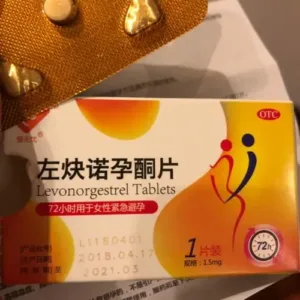Mexiletine
Mexiletine hydrochloride, also known as mexiletine hydrochloride, is an antiarrhythmic drug that belongs to Class Ib antiarrhythmic drugs. Its chemical formula is C11H18ClNO, and it is mainly used to treat acute and chronic ventricular arrhythmias, such as premature ventricular contractions, ventricular tachycardia, ventricular fibrillation and arrhythmias caused by digitalis poisoning. By inhibiting the influx of Na+ and promoting the outflow of K+ in myocardial cells, mexiletine shortens the Purkinje fiber action potential duration and effective refractory period, delays indoor conduction, and increases the threshold of ventricular fibrillation. 12
In terms of usage and dosage, mexiletine can be taken orally. The first dose is 150 to 250 mg, once every 6 to 8 hours. The general maintenance dose is 400 to 800 mg per day, taken in 2 to 3 times. The maximum dose for adults is 1200mg per day, taken orally in divided doses.
The side effects of mexiletine include gastrointestinal reactions, such as nausea, vomiting, etc. Some patients may also experience dizziness, tremor, drowsiness, diplopia, blurred vision, insomnia and other symptoms. In addition, some individuals may experience tachycardia, hypotension, leukopenia, thrombocytopenia, etc. after taking the drug. During treatment, patients should pay attention to follow-up examinations of blood pressure, electrocardiogram, blood drug concentration, etc. to prevent the occurrence of toxic reactions.
Mexiletine tablets are a prescription drug, used as basic drugs and medical insurance for work-related injuries. Its main indications are chronic ventricular arrhythmias, such as premature ventricular contractions and ventricular tachycardia. When using mexiletine, patients should be under the guidance of a doctor to ensure safety and effectiveness.
Share:
Products
Our offers
Health Classification
Let us work together to protect precious health



























